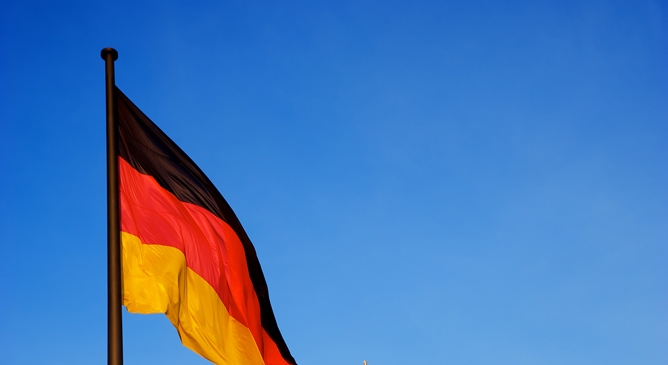
Unilateral Germany threatens to weaken Europe
In Brussels, Paris, Washington and other capitals, one increasingly hears the same complaint: Germany is acting unilaterally. On a broad range of issues, the Germans seem to think the European Union no longer advances their interests and are more prone to go their own way. Germany’s foreign policy has evolved in a manner that leaves the EU – and perhaps the Atlantic alliance – weaker. Consider five key policy areas.
Since the financial crisis struck, Germany has dragged its feet over co-ordinated action at EU level. Germany’s current account surplus and balanced budget give it more leeway than its partners to boost demand, but it has avoided a significant stimulus.
Second, on climate change, Germany (with Italy and Poland) has fought the Commission’s proposals on the auctioning of permits for carbon emissions. The Commission wants companies in many industries to pay for the permits, but Germany wants most permits to be given out free. Otherwise, it fears, the extra costs will make companies relocate outside the EU.
Third, Germany regards friendly relations with Russia as a vital national interest. Whatever Russia does, Germany is generally unwilling to criticise it. This makes it hard for the EU to forge effective policies on Russia.
Fourth, Germany, together with Britain and France, leads the EU diplomacy on Iran’s nuclear programme. But Germany is reluctant to impose economic sanctions on Iran. This annoys London, Paris and Washington, which view tougher sanctions as the best means of dissuading Tehran from building a bomb.
Finally, the same three capitals despair of Germany’s commitment to Nato and EU defence. Germany’s 4,500 troops in Afghanistan – in the north and not allowed to fight – are little help to the Nato mission there. Germany shows scant enthusiasm for French president Nicolas Sarkozy’s efforts to strengthen EU defence.
Berlin’s policies are not necessarily bad for Germany or even Europe. For example, the EU arguably benefits from the German government’s privileged access in Moscow. Nonetheless, in many parts of Europe, German unilateralism is viewed with concern.
Short-term factors explain some of it. With a German general election approaching, the uneasy coalition between Christian Democrats and Social Democrats makes it hard for either side to pursue bold policies that would incur domestic criticism. The dire state of FrancoGerman relations – there is perhaps less trust between the governments than at any time in the past 20 years – also matters. Chancellor Angela Merkel and President Sarkozy irritate each other. Many Germans complain that France is increasingly nationalistic and focused on pursuing its own narrow economic interests. If the French are putting national interests first, why should Germany be different?
Germany is the world’s biggest exporter of goods, and its industrial lobbies hold more sway over foreign policy than is the case in most other countries. Germany Inc demands good relations with Russia, its fastest-growing export market after China last year. Its heavy industry is trying to weaken the ambitious EU climate change package that Ms Merkel herself brokered in 2007. And if Germany is more reluctant than its partners to sanction Iran, that may be because it out-sells them in that market.
Traditionally, most Germans have believed that what is good for the EU must be good for Germany. But, especially since EU enlargement in 2004, Germany has tended to become an outlier on many EU policy issues. It is no longer obvious that German and European interests coincide. Thus Berlin officials argue that Germany’s gas deals with Russia are too important to be left to the Commission to handle.
There has also been a generational shift. The politicians who grew up in the shadow of the second world war, emotionally attached to the cause of European integration, have retired. Today’s leaders tend to treat the EU as a tool that delivers results, which is how most European leaders treat it.
Germany has become more unilateral in an incremental and unconscious way rather than as a result of any plan. Most Germans have not noticed the change and they believe they are good Europeans. In some ways they are: Germany pays for a fifth of the EU budget. Today’s German nationalism is not scary, like the nationalisms of the past. It is “normal” nationalism, as practised by Britain and France.
